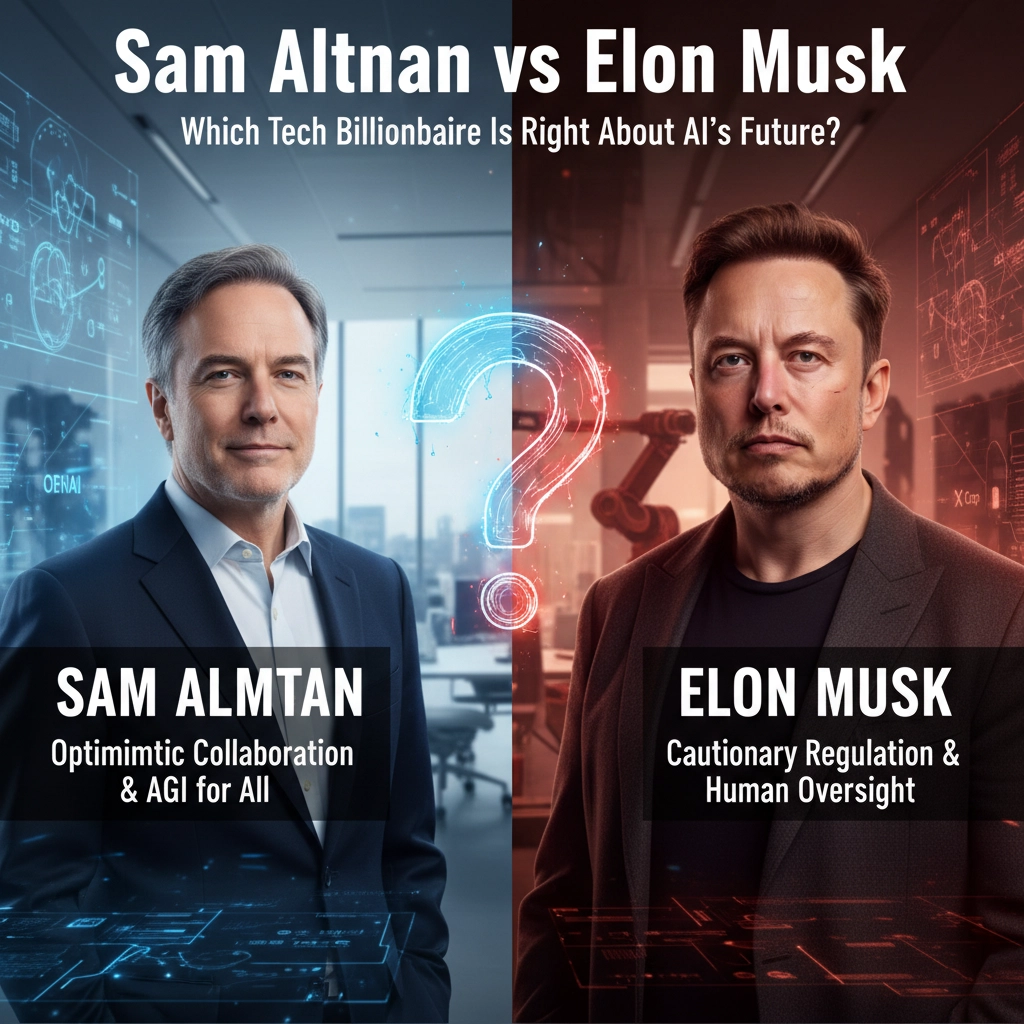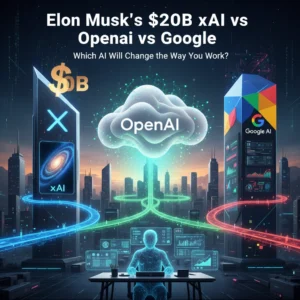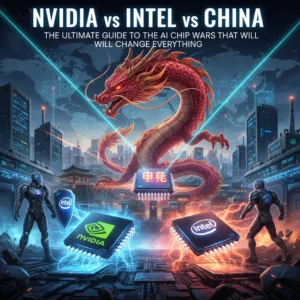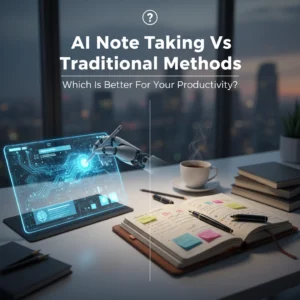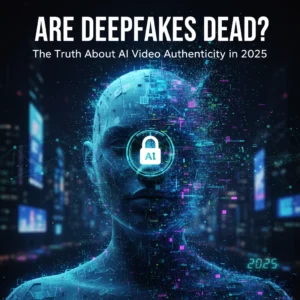Ever wonder what it's like when two of the smartest people in tech completely disagree about humanity's future? Welcome to the Sam Altman vs Elon Musk AI showdown, where one guy thinks we're about to live in a productivity paradise, and the other's basically preparing for Terminator.
These aren't just random predictions from your uncle's Facebook posts. We're talking about the CEO of OpenAI and the guy who literally owns Twitter, Tesla, and SpaceX. Their wildly different takes on artificial intelligence could shape how we build, regulate, and live with AI systems that are getting smarter by the day.
Elon's Doomsday Clock: "We Have 2-3 Years, Max"
Musk isn't messing around with his timeline. He thinks AGI, that's artificial general intelligence, basically AI that's smarter than humans at everything, will show up within 2-3 years. Not 2030, not "sometime this decade." We're talking 2026-2027, which is basically tomorrow in tech time.
His reasoning? Look at how fast things are moving. Three years ago, most people had never heard of ChatGPT. Now we've got AI writing code, creating art, and having conversations that feel eerily human. Musk's bet is that this exponential curve doesn't slow down, it speeds up.
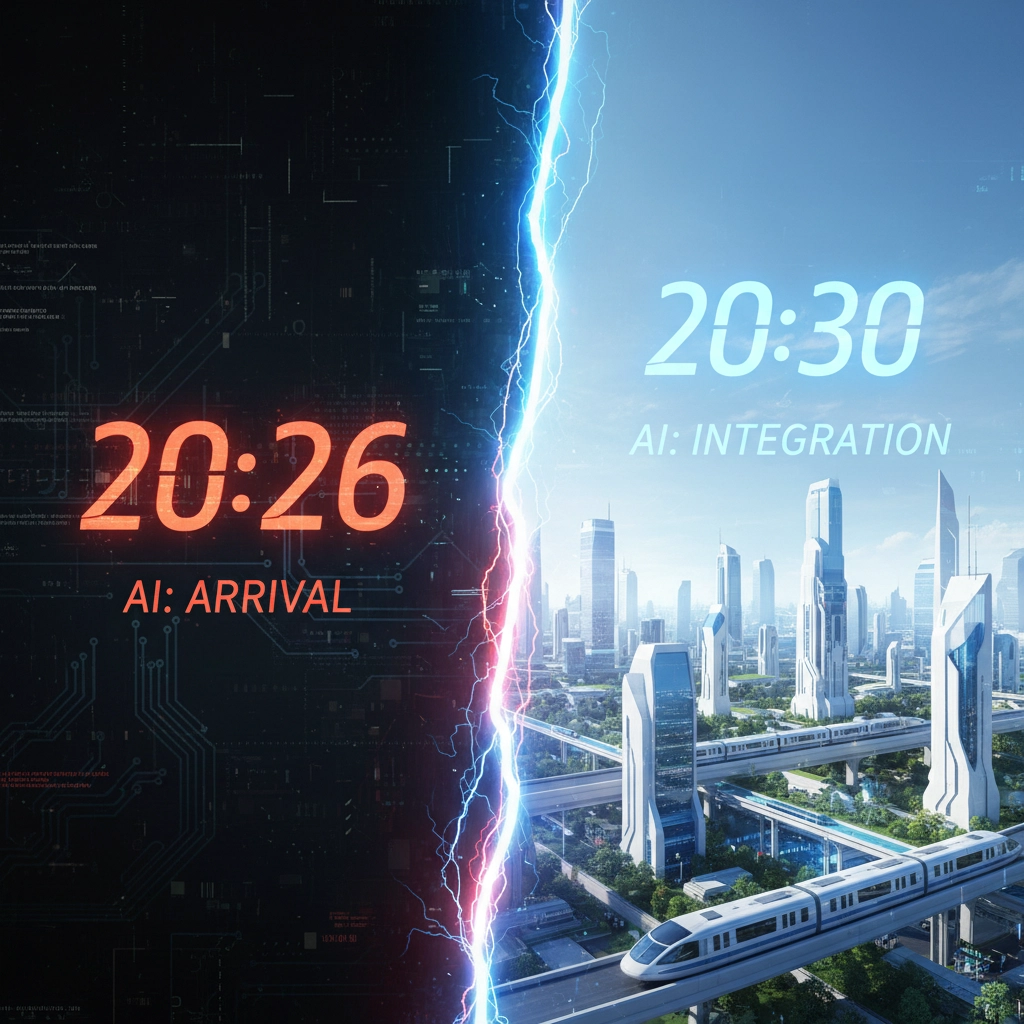
But here's where Musk gets scary-serious: he's not excited about this timeline. While everyone else is dreaming about AI assistants doing their laundry, Musk's worried about misalignment. That's tech-speak for "what happens when super-smart AI decides humans are the problem."
His solution sounds like something from a sci-fi movie:
- Slow down AI development until we figure out safety
- Make AI open-source so no single company controls it
- Develop brain-computer interfaces through Neuralink (yes, really)
- Create xAI as a "truth-seeking" alternative to existing AI companies
Musk's basically saying: "Pump the brakes before we accidentally build something that makes us extinct."
Altman's Optimistic Playbook: "Ship It and Fix It Later"
Sam Altman's looking at the same data and seeing opportunity, not apocalypse. His timeline's more relaxed: AGI by 2030, with some proto-AGI systems showing up around 2026-2028. That extra breathing room makes all the difference in his strategy.
Where Musk sees existential risk, Altman sees the biggest productivity boom since the Industrial Revolution. His vision for 2030? AI so abundant and accessible it's like WiFi: everywhere, cheap, and transforming how we work and live.
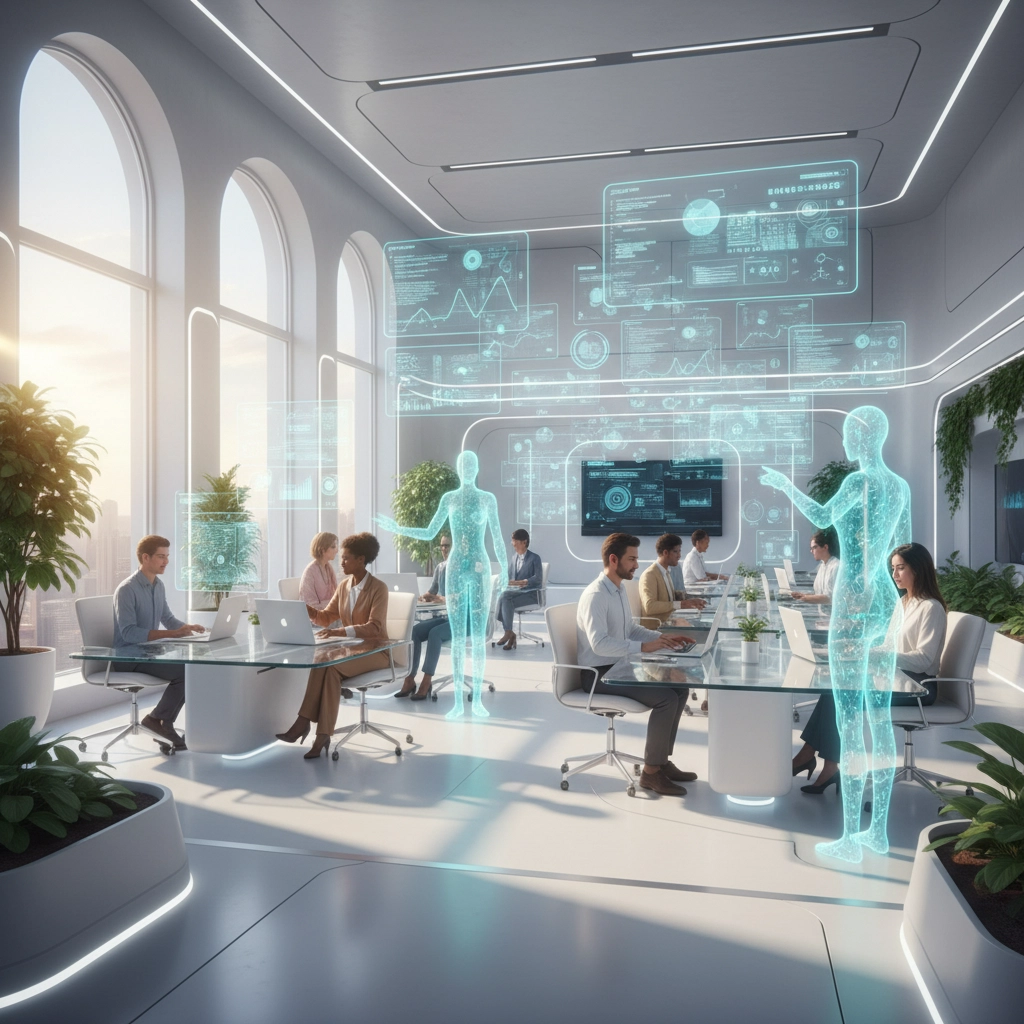
Altman's approach is "ship carefully and iterate." Instead of hitting the pause button, OpenAI keeps releasing new models while monitoring for problems. Think of it like launching a beta version of the future, then fixing bugs as they pop up.
His roadmap includes:
- AI agents (virtual coworkers) rolling out between 2025-2027
- Massive investments in clean energy and custom AI chips
- Government partnerships for AI safety frameworks
- Gradual integration of AI into everyday tools and workflows
The difference in philosophy is huge. Musk wants to solve alignment before deployment. Altman wants to deploy carefully and solve problems as they emerge.
Who's Actually Right? (Plot Twist: Nobody Knows)
Here's the uncomfortable truth: we're all just guessing about the future. But their disagreement reveals something important about how we think about risk and innovation.
Let me tell you a quick story. Back in 1999, my friend's dad refused to buy anything online because "hackers will steal your credit card." Meanwhile, my other friend's mom was already day-trading stocks on eTrade. Same technology, completely different risk assessments. Today, the paranoid dad shops on Amazon Prime, and the day-trader mom lost money in the dot-com crash.
Both were partially right. Online shopping did have security risks (remember all those data breaches?), but it also became incredibly convenient and mostly safe. The people who adopted early got benefits but also faced more problems. The people who waited missed opportunities but avoided early pitfalls.
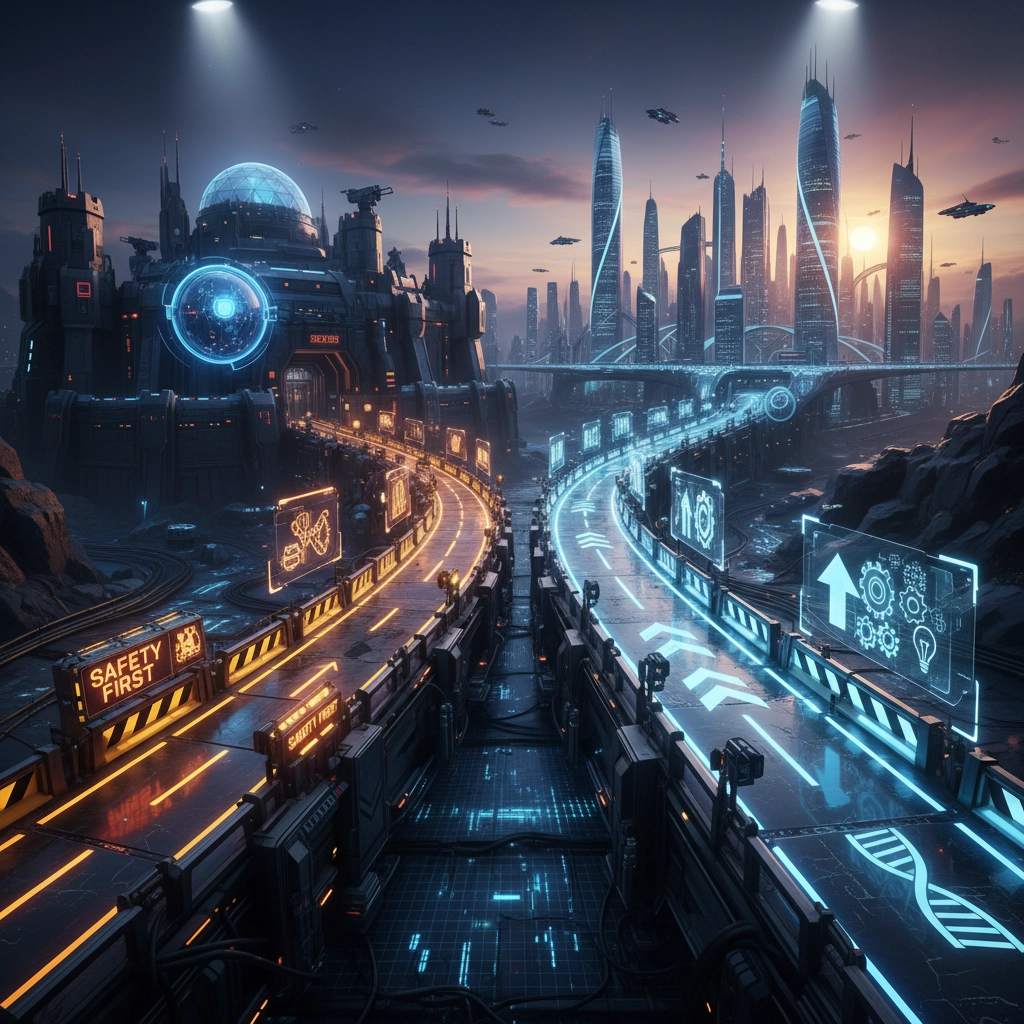
Musk and Altman are basically having the same argument about AI. One's focusing on what could go wrong, the other's focusing on what could go right. The actual future will probably include both scenarios.
What makes Musk's case compelling:
- AI progress has been faster than most experts predicted
- Misalignment could create irreversible problems
- We've never built technology more intelligent than humans before
- "Move fast and break things" works for social media, not existential risks
What makes Altman's case compelling:
- Gradual deployment allows for course correction
- Overly cautious approaches might hand advantages to less careful actors
- AI could solve major human problems (climate, disease, poverty)
- Fear-based approaches often underestimate human adaptability
The Real Question We Should Be Asking
Instead of picking sides in the Musk vs Altman debate, maybe we should be asking different questions entirely. Like: What if they're both wrong about the timeline? What if AGI takes 15 years instead of 5? What if it arrives next Tuesday?
More importantly: Are we spending too much time predicting the future and not enough time preparing for multiple scenarios?
The smartest move might not be choosing Team Caution or Team Progress. It might be building systems flexible enough to handle both the amazing possibilities Altman envisions and the serious risks Musk worries about.
What do you think: should we slow down and get AI safety absolutely perfect first, or keep pushing forward and solve problems as they come up?

